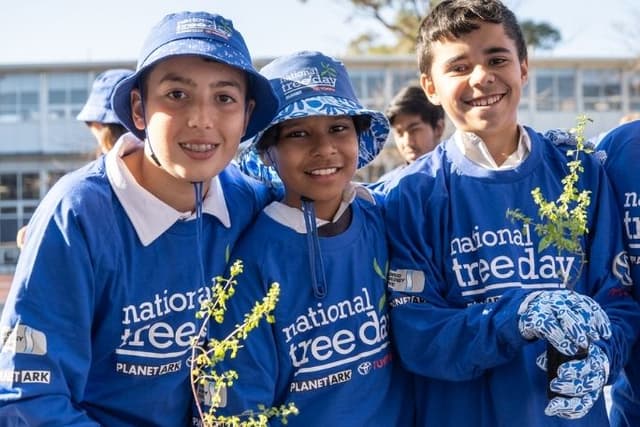
Schools Tree Day 2023 - Me and My Tree
Lesson11 of 11 in this unit
PrimaryYear 1 - 4EnglishCreative writingInformative writingScienceHuman EndeavourSocialOutdoor Learning
Summary
Lesson Guides and Printables
Lesson Plan

Me and My Tree Activity Sheet


Lesson Plan

Me and My Tree Activity Sheet
